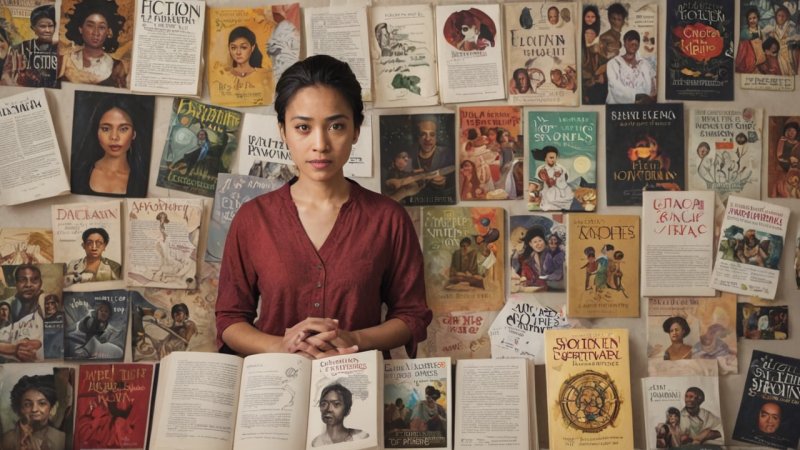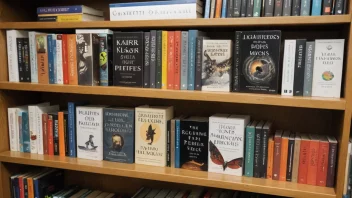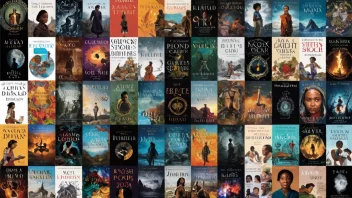Throughout history, fiction has played a pivotal role in shaping cultural narratives and challenging societal norms. In the modern era, the impact of fiction is particularly pronounced, with literature serving as a catalyst for cultural change. As we delve into the complexities of our world, fictional narratives allow us to question established beliefs, explore new ideas, and envision alternative futures.
One of the most significant ways fiction catalyzes change is through its ability to address pressing social issues. Literature can shine a light on injustices, sparking discussions that lead to greater awareness and action. For instance, novels like 'Just Mercy' by Bryan Stevenson confront systemic racism and the flaws in the criminal justice system. This book not only tells a compelling story but also serves as a call to action, prompting readers to reflect on societal inequities and advocate for reform.
Moreover, fiction often promotes empathy by allowing readers to step into the shoes of diverse characters. By exploring different perspectives, literature fosters a deeper understanding of experiences that may differ from our own. Books like 'A Man Called Ove' by Fredrik Backman illustrate the importance of community and connection, encouraging readers to embrace compassion and kindness. This emphasis on empathy can lead to cultural shifts, as individuals are inspired to engage with their communities and support one another.
The exploration of identity is another crucial aspect of how fiction influences culture. In a world where issues of race, gender, and sexual orientation are increasingly relevant, literature provides a platform for marginalized voices. Works such as 'The Underground Railroad' by Colson Whitehead and 'Cemetery Boys' by Aiden Thomas highlight the struggles and triumphs of individuals from diverse backgrounds, fostering a culture of inclusivity and representation. As readers engage with these narratives, they are encouraged to challenge stereotypes and embrace the richness of human experience.
In addition to social issues, fiction also explores the complexities of human emotion and relationships. Contemporary authors are adept at capturing the nuances of love, loss, and personal growth, resonating with readers on a profound level. Novels like 'Eleanor Oliphant Is Completely Fine' by Gail Honeyman delve into themes of loneliness and connection, prompting readers to reflect on their own lives and relationships. This introspection can lead to cultural shifts in how we approach mental health and the importance of community support.
Furthermore, the advent of digital literature and self-publishing has democratized storytelling, allowing a diverse array of voices to emerge. Online platforms enable writers to share their stories without the constraints of traditional publishing, resulting in a broader spectrum of narratives. This shift not only enriches the literary landscape but also fosters a culture that values authenticity and individual expression.
In conclusion, fiction is a powerful catalyst for cultural change, encouraging readers to reflect on societal issues, embrace empathy, and explore diverse identities. Through storytelling, literature has the ability to challenge norms and inspire action, fostering a culture that values understanding, compassion, and inclusivity. As we continue to engage with fiction, we unlock the potential for personal and societal transformation, making literature an essential component of modern culture.
Fiction as a Catalyst for Cultural Change
Fiction plays a pivotal role in shaping cultural narratives and challenging societal norms, serving as a catalyst for cultural change.






